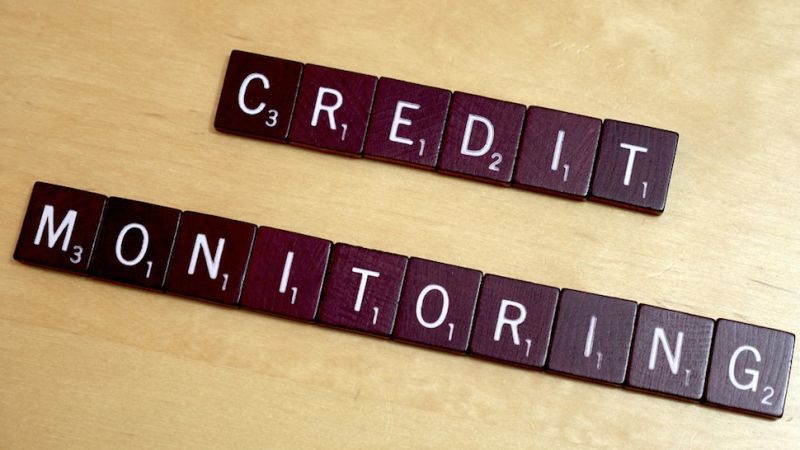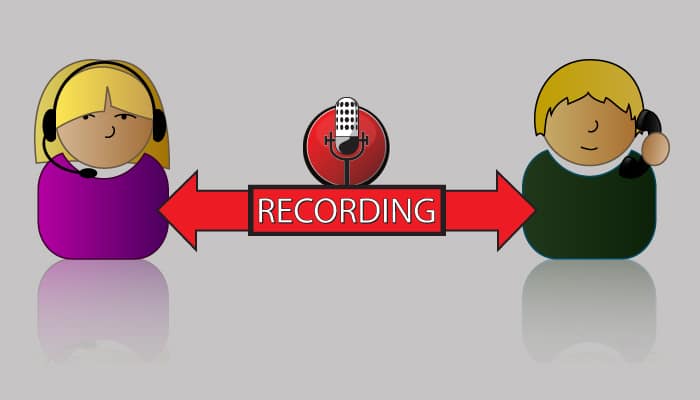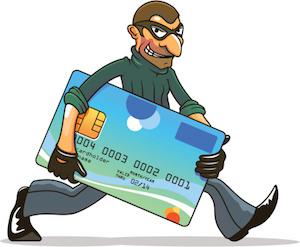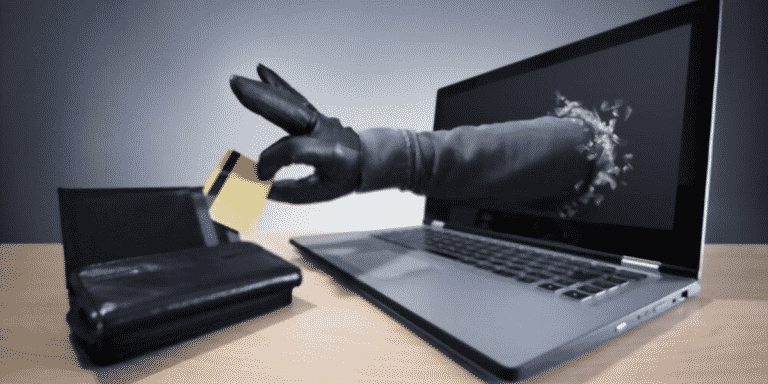How To Detect Identity Theft - You Need to Know
Are you aware of how to detect identity theft? You have probably heard the ominous statistics before on the nightly news or maybe you have even read articles online about how identity theft is one of the nation’s fastest-growing crimes. Hopefully, you will never fall victim to an identity thief, but with billions of dollars every year being stolen through identity theft and cybercrime it would be a big mistake to ignore the fact that the possibility is there. During this 4 part series on identity theft, we will cover how to detect identity theft, how you can prevent identity theft, how you can recover from identity theft, and even how to protect your child from identity theft as well.
In part 1 of our series, we will be covering how to actually detect identity theft. It is important to learn the warning signs of identity theft ahead of time so that if it does ever happen you can be armed with the knowledge you need to recognize it, shut it down, and repair the damage as quickly as possible. Recognizing the cues that your identity may have been stolen is essential if you want to know how to detect identity theft, and protect yourself from identity theft and your credit from scam artists.
Credit Report Monitoring
The first and best method of detecting identity theft is to routinely review all 3 of your credit reports from Equifax, TransUnion, and Experian. You can access a free copy of your 3 reports each year at AnnualCreditReport.com, but checking your credit just once a year is not enough. When you download your credit reports you will naturally want to check them for any suspicious accounts or collection accounts that you did not open yourself. However, you should not stop there. It is also important to keep an eye on who has been accessing your credit reports. If there are unauthorized inquiries on your credit reports it can be a sign that your information has been compromised and that someone has been applying for credit in your name, without your permission. It is the first way to know how to detect identity theft.

Monitoring Your Mail Box
Receiving suspicious letters in your mailbox can certainly signify that your identity has been stolen. For example, if you receive a credit card or a statement for a credit card you never applied there is certainly cause for concern. Collection letters or other bills which you do not recognize can be another indication that someone has poached your personal information without your knowledge. It is a second way to know how to detect identity theft.

Monitoring Your Calls
Another tell-tale sign that a thief may have ripped off your personal data is if you begin to receive collection calls for accounts that you did not open. If you receive a call about a collection account for a bill you did not actually incur yourself you should immediately check your credit reports for additional fraud. Be sure to check out part 3 of our identity theft series, Recovering from Identity Theft, to learn the steps you need to take if this unfortunate situation has already happened to you or to a loved one. One important way to know how to detect identity theft.

Understanding the Difference between Identity Theft and Credit/Debit Card Fraud
Credit and debit card fraud occurs much more commonly than true identity theft, which is good news. Credit/debit card and chip card fraud can certainly be a nuisance, but this is a much easier problem to deal with as long as your report the fraud properly and promptly. When someone steals your card information and makes unauthorized charges the thief can be cut off quickly by reporting the bogus charges to your bank or credit card issuer. Your card issuer can immediately shut down the card and issue you a replacement, preventing any future damage. Plus, laws like the FCBA (Fair Credit Billing Act) and the EFTA (Electronic Funds Transfer Act) limit your liability for fraudulent credit and debit card charges.

As long as the thief has only obtained access to your card information and not your personally-identifying information then he will be unable to cause future damage by opening new, fraudulent accounts in your name. Of course, monitoring your statements for fraudulent charges is still very important, but you can rest a little easier knowing that common credit card and debit card theft does not typically represent the same danger as identity theft.
Also, Read Blog: Complete Guide on How To Recover From Identity Theft.



